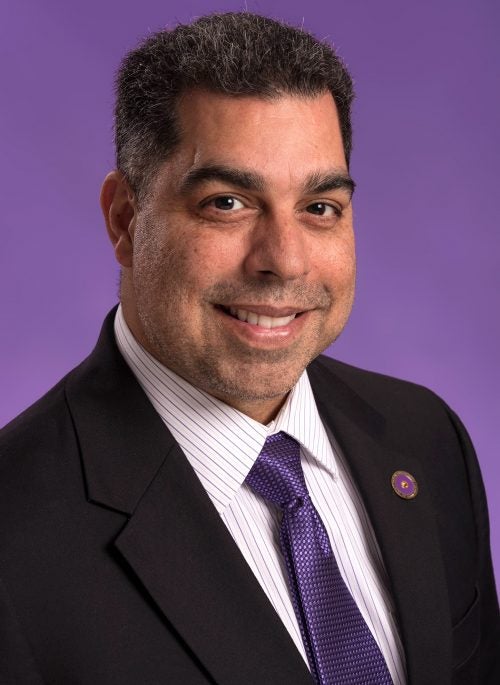Recreation Sciences: This is no play on words.
What’s in a name? As Shakespeare wrote in “Romeo and Juliet,” “That which we call a rose by any other name would smell as sweet.”
But what if a name change makes things even sweeter — because it more accurately reflects your identity?
That’s the case for the Department of Recreation Sciences in the College of Health and Human Performance at East Carolina University, which was previously the Department of Recreation and Leisure Studies.
“Does it make sense to change our name? That was where we started,” said Ed Gómez, chair of the Department of Recreation Sciences.
“There’s a national movement in the field to better reflect and represent the science involved in our work. When people hear the term leisure studies, they can think it’s a degree in chilling out. And that’s not what we’re about.
“Recreation sciences isn’t just an area of study, it’s really interdisciplinary. It pulls in everything from sociology to economics to biology and anatomy to management to conservation to psychology. Recreation and park management leans more to social sciences while recreational therapy is more clinical science. And the two overlap in behavioral sciences,” he said.
Gómez came to ECU in 2017 to be the new chair of what was then the Department of Recreation and Leisure Studies. “Over the past couple of years, there have been significant changes as new faculty have joined us and brought new voices, dimensions and expertise to the department. It was an opportunity to assess who we are and where we’re going as a department. Together we developed a new strategic plan, mission, vision and values. We reviewed and revised our curriculum. We looked at the scope of the research undertaken by our faculty. And we asked ourselves whether ‘recreation and leisure studies’ truly reflected who we are,” he explained.
It didn’t. Recreation sciences does, the department agreed.
The name change has been well received by students and alumni. Gómez reported that alumni have told him that they feel the change really captures what they do as professionals in the field.
-by Kelly Rusk, University Communications

